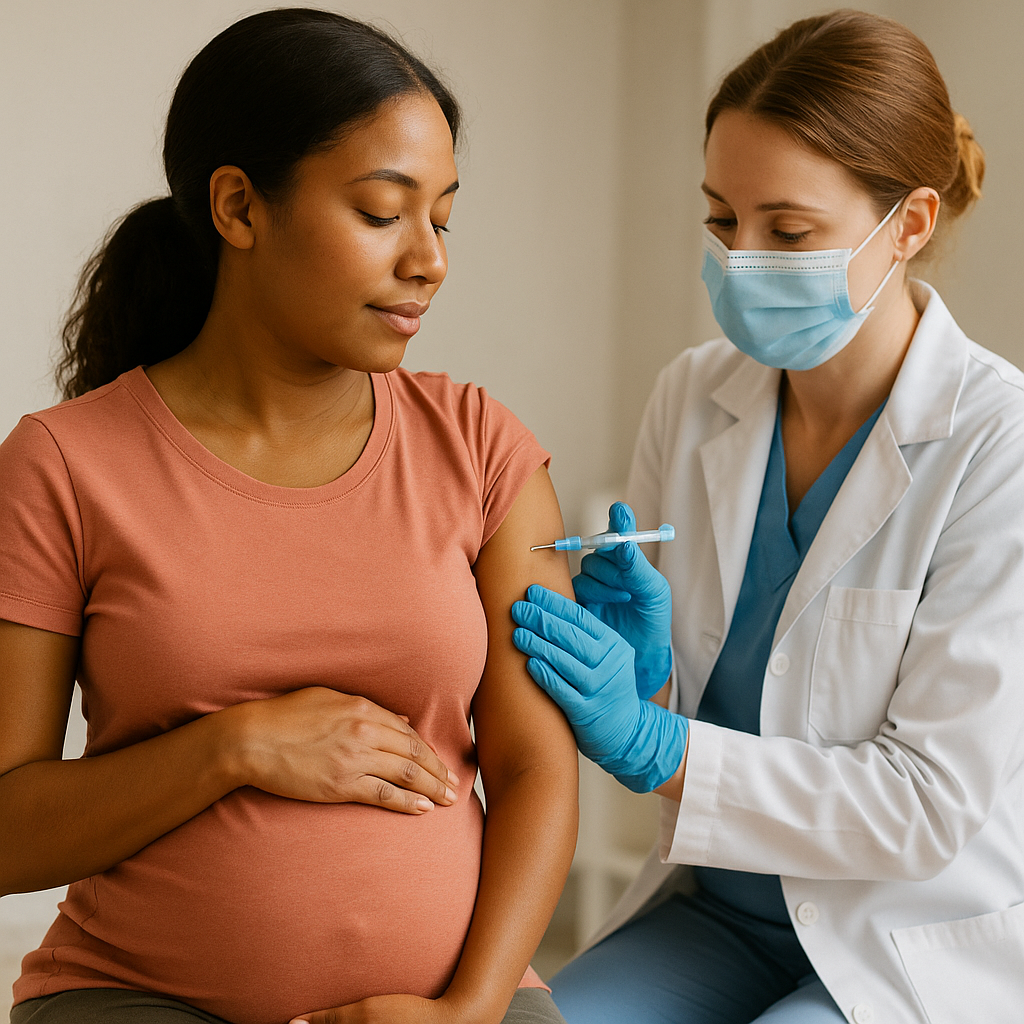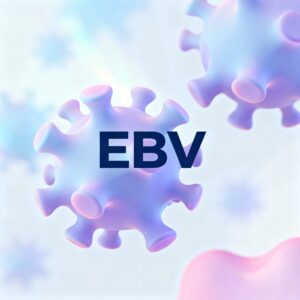Respiratory Syncytial Virus (RSV) is a very common respiratory virus that affects nearly all children by the age of two. For most, it feels like a cold—runny nose, coughing, sneezing, and sometimes a mild fever. However, for infants and young babies, RSV can be much more serious. It is a leading cause of bronchiolitis (inflammation of the small airways) and pneumonia in children under one year of age, and one of the top reasons babies are hospitalized during the fall and winter months, known as RSV season.
RSV spreads easily through coughs, sneezes, or contact with contaminated surfaces, making it hard to avoid. While most infants recover at home, those with weaker immune systems, premature babies, or infants with lung or heart conditions are at higher risk of severe RSV infection.
The challenge is that there is no specific medicine to treat RSV—care usually involves supportive measures like fluids, oxygen, and rest. That’s why prevention is the best protection. Fortunately, parents today have two safe and effective ways to protect babies from severe RSV illness.
1. Nirsevimab: Long-Lasting Protection with a Single Shot
Nirsevimab is one of the most significant advances in RSV prevention for infants.
- What it is: A single injection that gives protection against RSV for the entire RSV season.
- Why it’s effective: It helps prevent RSV from causing serious illness that can lead to hospital stays.
- Who it’s for: Especially recommended for newborns and babies entering their first RSV season, when they are most vulnerable.
Parents appreciate Nirsevimab because it offers season-long protection with just one dose, reducing stress during the months when RSV is circulating widely.
2. Maternal RSV Vaccine During Pregnancy
Another powerful preventive option is the maternal RSV vaccine, which is given to expectant mothers during pregnancy.
- How it works: When a pregnant person receives the RSV vaccine, their body creates protective antibodies. These antibodies are then passed on to the baby through the placenta.
- Why it’s important: Babies are born with built-in protection against RSV, especially during the first fragile months of life.
- Convenience: This option means the infant is already protected at birth without needing an immediate injection.
The maternal RSV vaccine is an effective way for parents-to-be to give their newborn an early defense against RSV.
Why Protecting Babies Against RSV Matters
Every year, thousands of infants are hospitalized due to RSV-related complications. The virus can cause difficulty breathing, wheezing, and dehydration, and in severe cases, it may require intensive medical care. Preventing RSV is not just about avoiding illness—it’s about protecting infants from the possibility of serious health risks.
With Nirsevimab and the maternal RSV vaccine, parents now have two proven ways to keep their babies safe during RSV season.
Conclusion
RSV is a common but potentially dangerous virus for infants. While most older children and adults recover quickly from an RSV infection, babies can face serious complications that sometimes require hospitalization. The good news is that modern medicine gives parents two reliable options to protect their little ones: Nirsevimab, a one-time injection for infants, and the maternal RSV vaccine during pregnancy.
By talking to your healthcare provider about these prevention strategies, you can make an informed choice and help your baby stay safe during RSV season. When it comes to RSV, prevention is the strongest form of protection.




